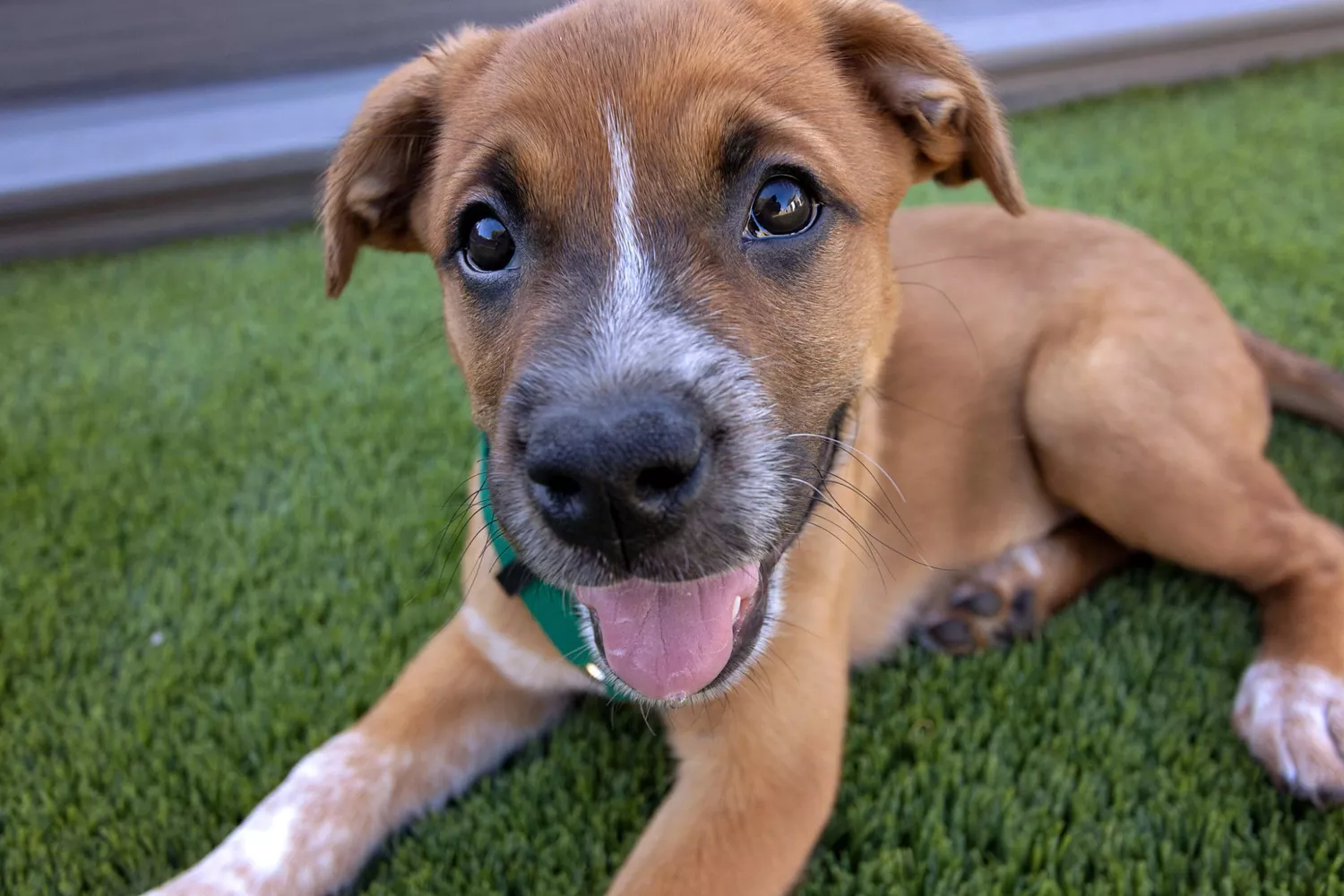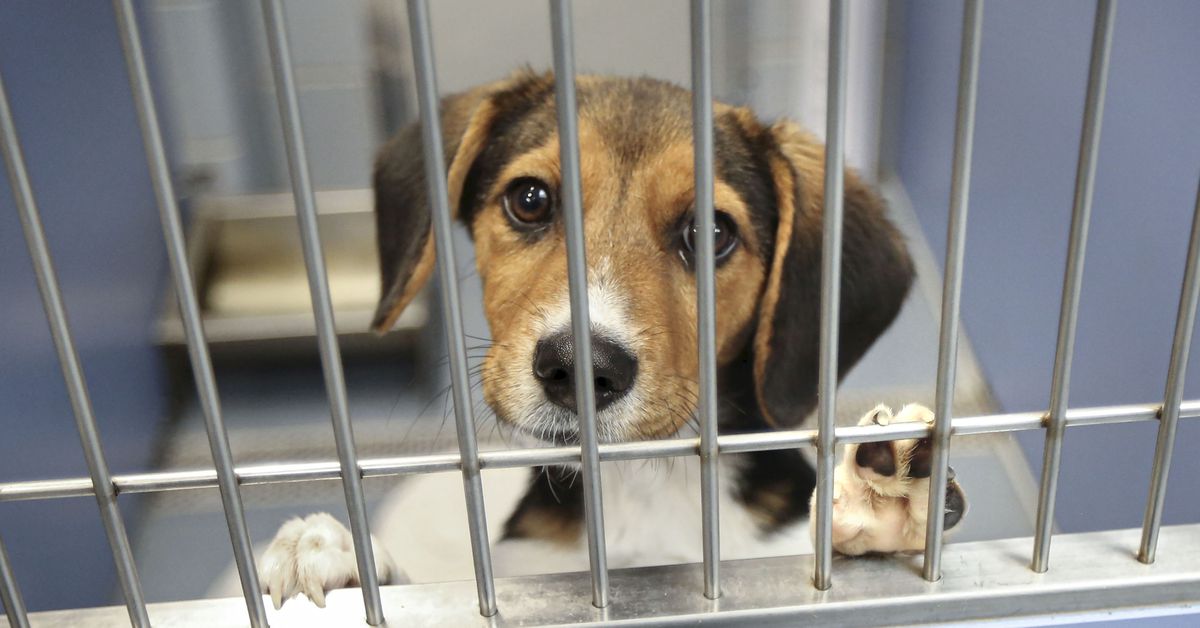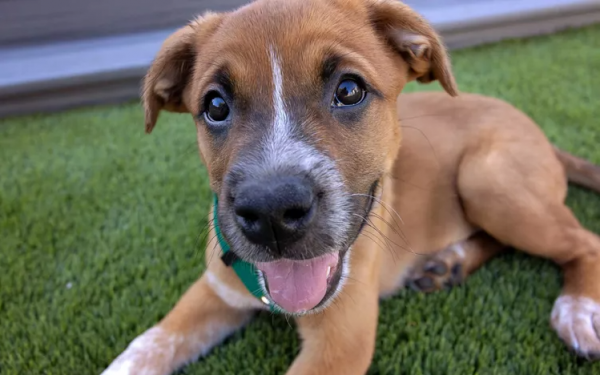Animal shelters around the country have reached a point of crisis, many caring for so many animals that euthanasia rates are threatening to increase.
But Americans are still buying dogs from breeders—and even puppy mills—as other dogs languish in shelters. According to the American Pet Products Association’s 2021-22 survey, 21 percent of dog-owning respondents bought their pup from a breeder. Another 9 percent purchased theirs from pet stores.
So: Do we need to set aside breed and appearance and reconsider what we want to bring home in a new dog?
Speaking to Daily Paws, animal shelter officials and animal-welfare experts offered two general answers to the question:
Yes, prospective dog owners should look for a dog at their local shelter first. That way they can adopt a dog who matches their personality and lifestyle regardless of their breeds or appearances.
People want what they want, whether that’s a certain breed or size of dog. But you can find purebred dogs at shelters and rescues if you’re willing to wait.
Michael Keiley, director of adoption centers and programs at MSPCA-Angell in Boston, says prospective dog owners should “absolutely” visit shelters first to find their new pups. They’ll find purebred dogs and mutts alike.
“That’s when we see the best-possible matches, is when people come to us with an open mind on who their next best friend is going to be,” he says.
An open mind helped Stephanie Filer, the head of Shelter Animals Count. She once looked to adopt a Yorkshire terrier—but left instead with a German shepherd.
“Regardless of what you’re looking for in age or size or appearance or breed … you can find those dogs in shelters,” she says.
Shelter staff can also act as matchmakers to pair dogs and adopters together based on lifestyle, energy level, and more for the best possible fit.

Filer also recommends using adoption sites like AdoptAPet or PetFinder. Those databases allow you to filter adoptable shelter dogs by breed and location, so you can find the breed you’re looking for close to where you live. Granted, it might take a while.
But not every shelter will have the breeds people are looking for, something Laura Clark, director of Colleton County (S.C.) Animal Services, has seen firsthand. Her shelter is packed with dogs, mostly large breeds. Many of them are pit bull-type dogs who some people don’t want because of their breed stereotypes.
They “sit here for months and months and months” even though they’re some of the nicest dogs ever, according to Clark.
“If my shelter was full of little, small fluffy dogs, you and I wouldn’t be having this conversation,” she says.
Ditch the Stereotypes: Our Dogs’ Behaviors Aren’t Determined By Only Their Breeds, Study Finds
It is a reality that certain dog breeds are more popular than others. We’re attached to certain breeds, whether for work, competition, sentimentality, or personal preference. People with intense allergies, for example, are going to look for breeds with minimal shedding, and that might mean going to a breeder.
To put it simply: Not everyone is going to suddenly decide to get their dogs from shelters, and that’s actually OK. (Just make sure you are buying from a reputable breeder.)
“Millions of people bring an animal into their home every year, so it’s not like we even need to convince every single American to change their behavior,” says Holly Sizemore, chief mission officer for Best Friends Animal Society. “We just need to convince some of them.”

If you are convinced, it’s possible you’ll go home with the most grateful, loving best friend. You’re providing them a loving home after they’re spent months, weeks, or even years in a kennel. (Remember, even the best shelters are no substitute for life at home.)
Plus, your adoption opens up space for another dog to enter the shelter—another chance for someone else to be a hero.



